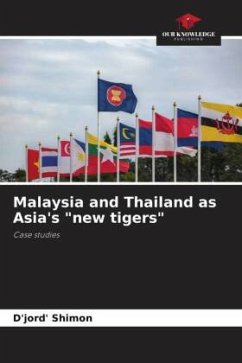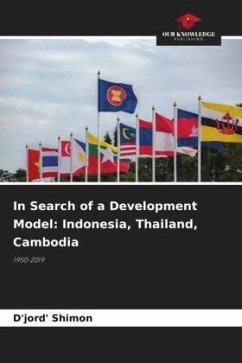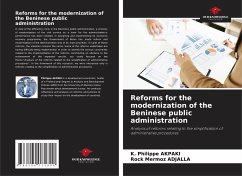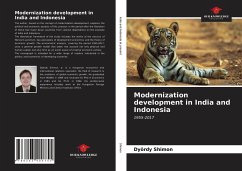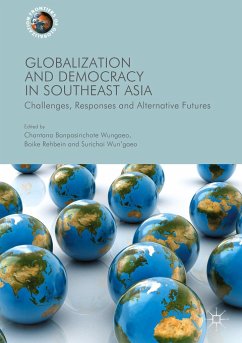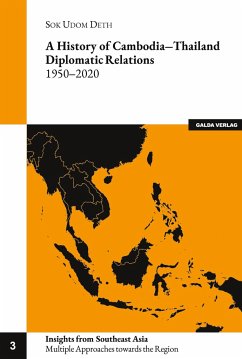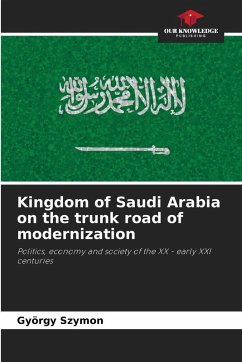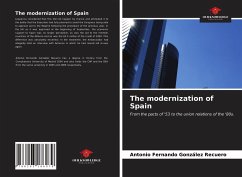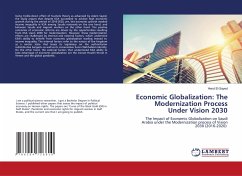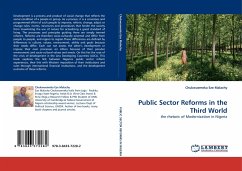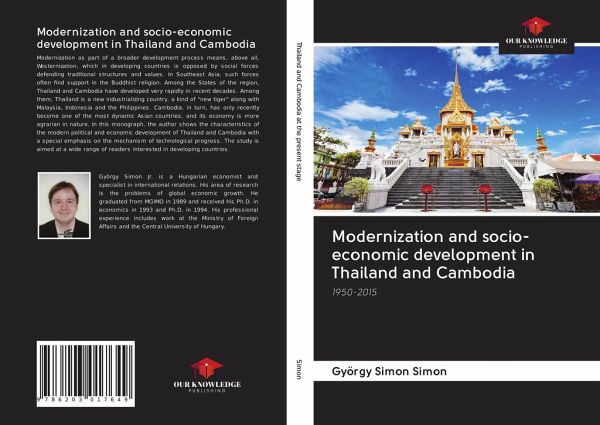
Modernization and socio-economic development in Thailand and Cambodia
1950-2015
Versandkostenfrei!
Versandfertig in 1-2 Wochen
35,99 €
inkl. MwSt.

PAYBACK Punkte
18 °P sammeln!
Modernization as part of a broader development process means, above all, Westernization, which in developing countries is opposed by social forces defending traditional structures and values. In Southeast Asia, such forces often find support in the Buddhist religion. Among the States of the region, Thailand and Cambodia have developed very rapidly in recent decades. Among them, Thailand is a new industrializing country, a kind of "new tiger" along with Malaysia, Indonesia and the Philippines. Cambodia, in turn, has only recently become one of the most dynamic Asian countries, and its economy i...
Modernization as part of a broader development process means, above all, Westernization, which in developing countries is opposed by social forces defending traditional structures and values. In Southeast Asia, such forces often find support in the Buddhist religion. Among the States of the region, Thailand and Cambodia have developed very rapidly in recent decades. Among them, Thailand is a new industrializing country, a kind of "new tiger" along with Malaysia, Indonesia and the Philippines. Cambodia, in turn, has only recently become one of the most dynamic Asian countries, and its economy is more agrarian in nature. In this monograph, the author shows the characteristics of the modern political and economic development of Thailand and Cambodia with a special emphasis on the mechanism of technological progress. The study is aimed at a wide range of readers interested in developing countries.



